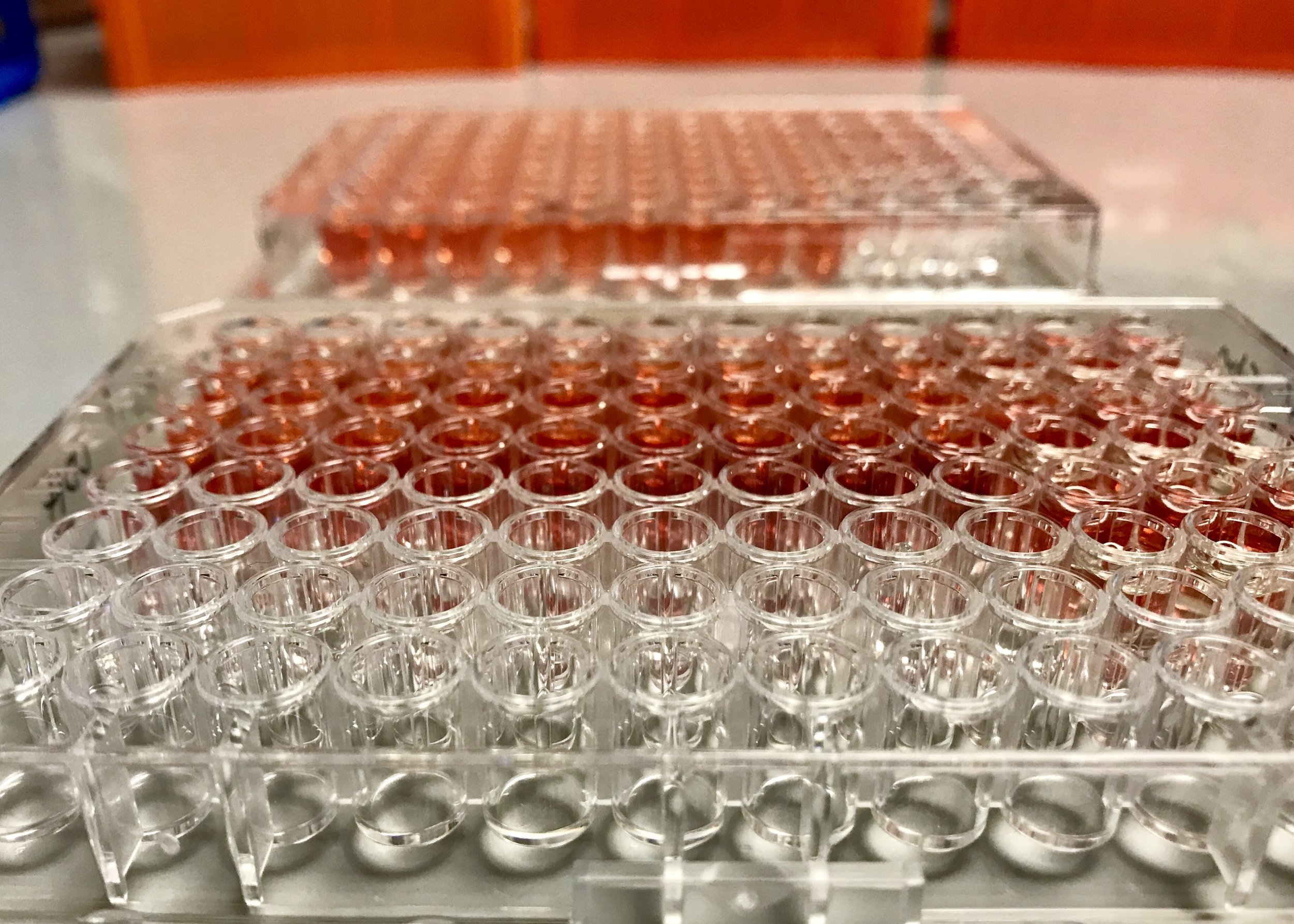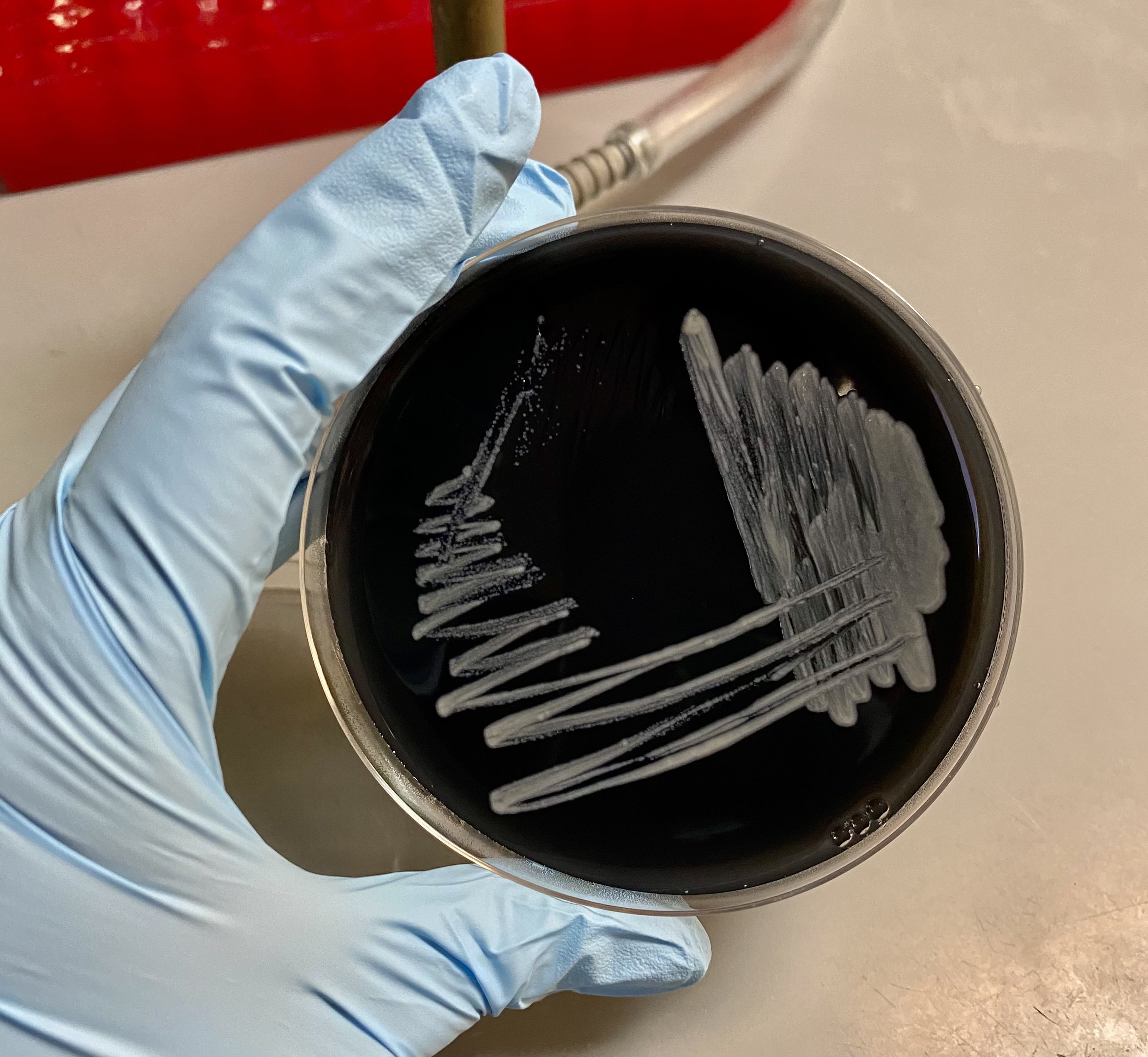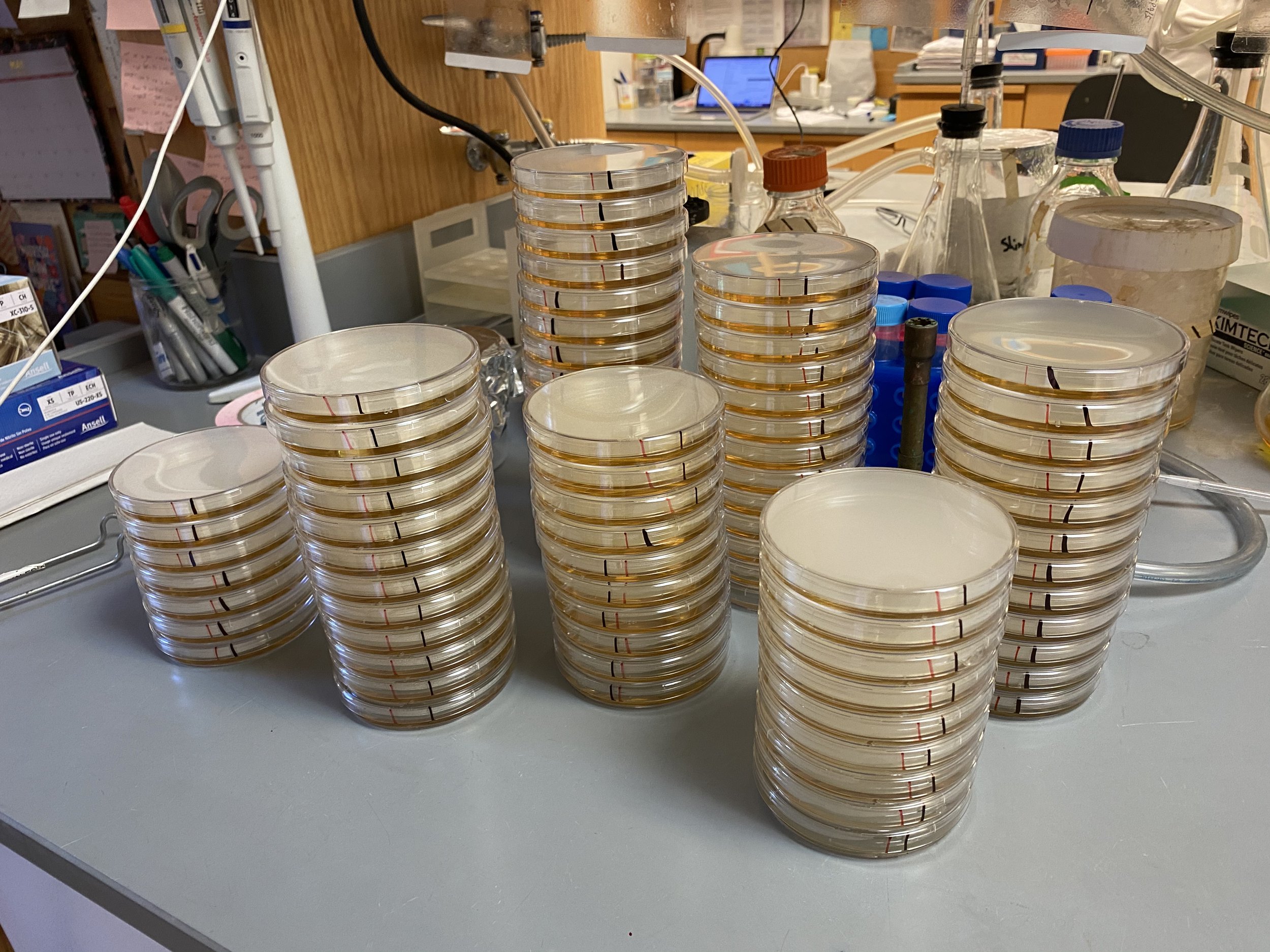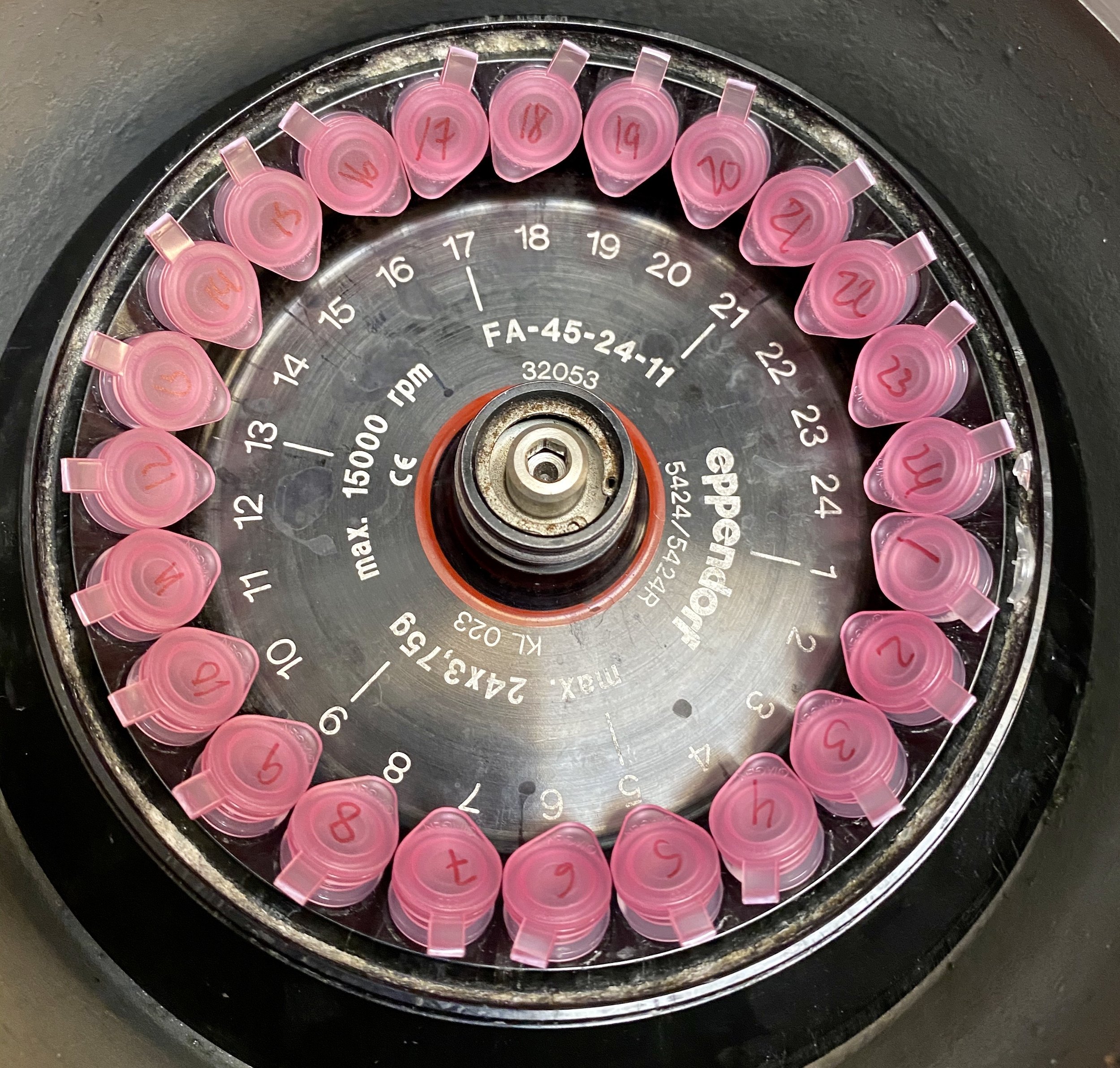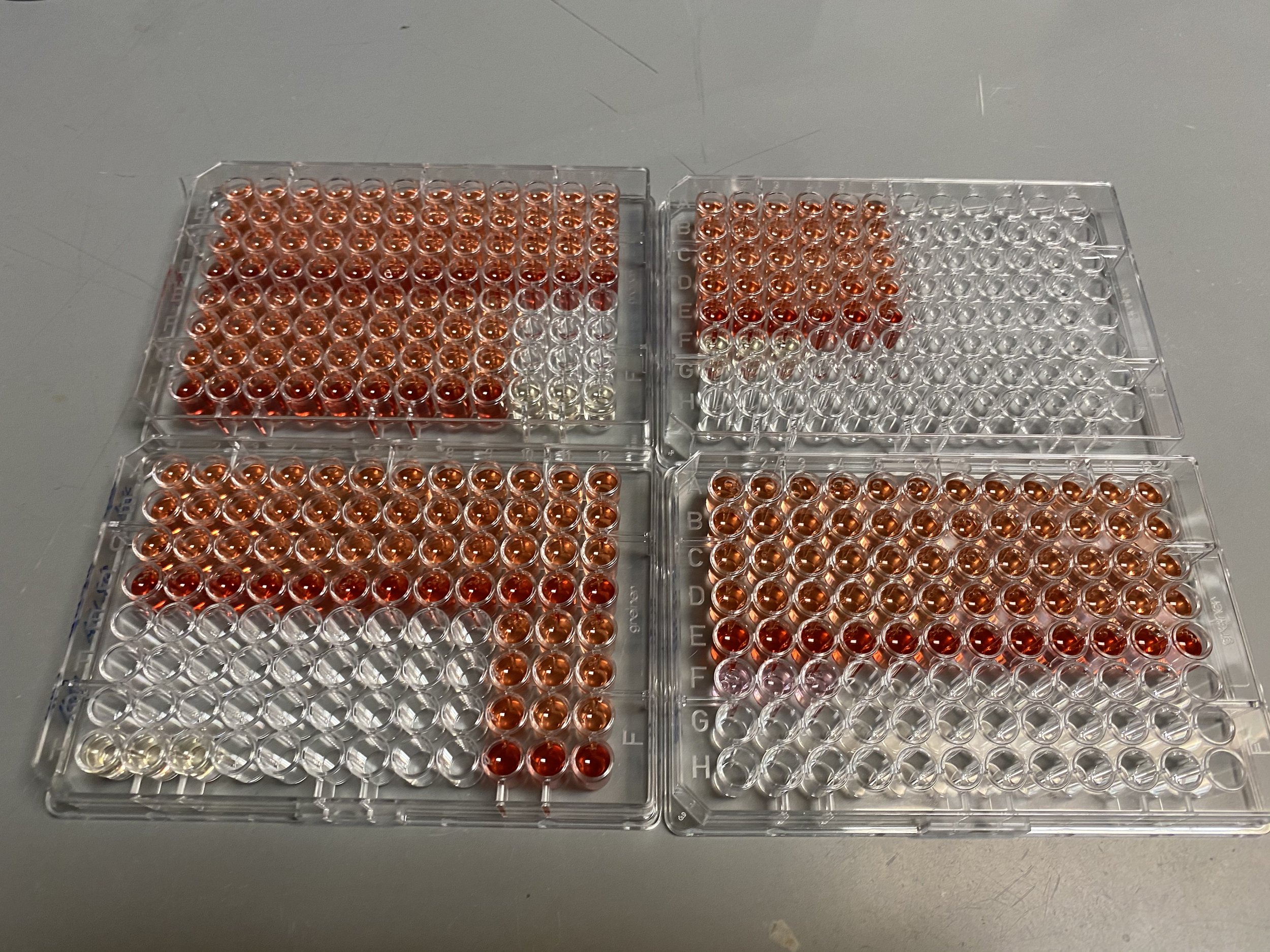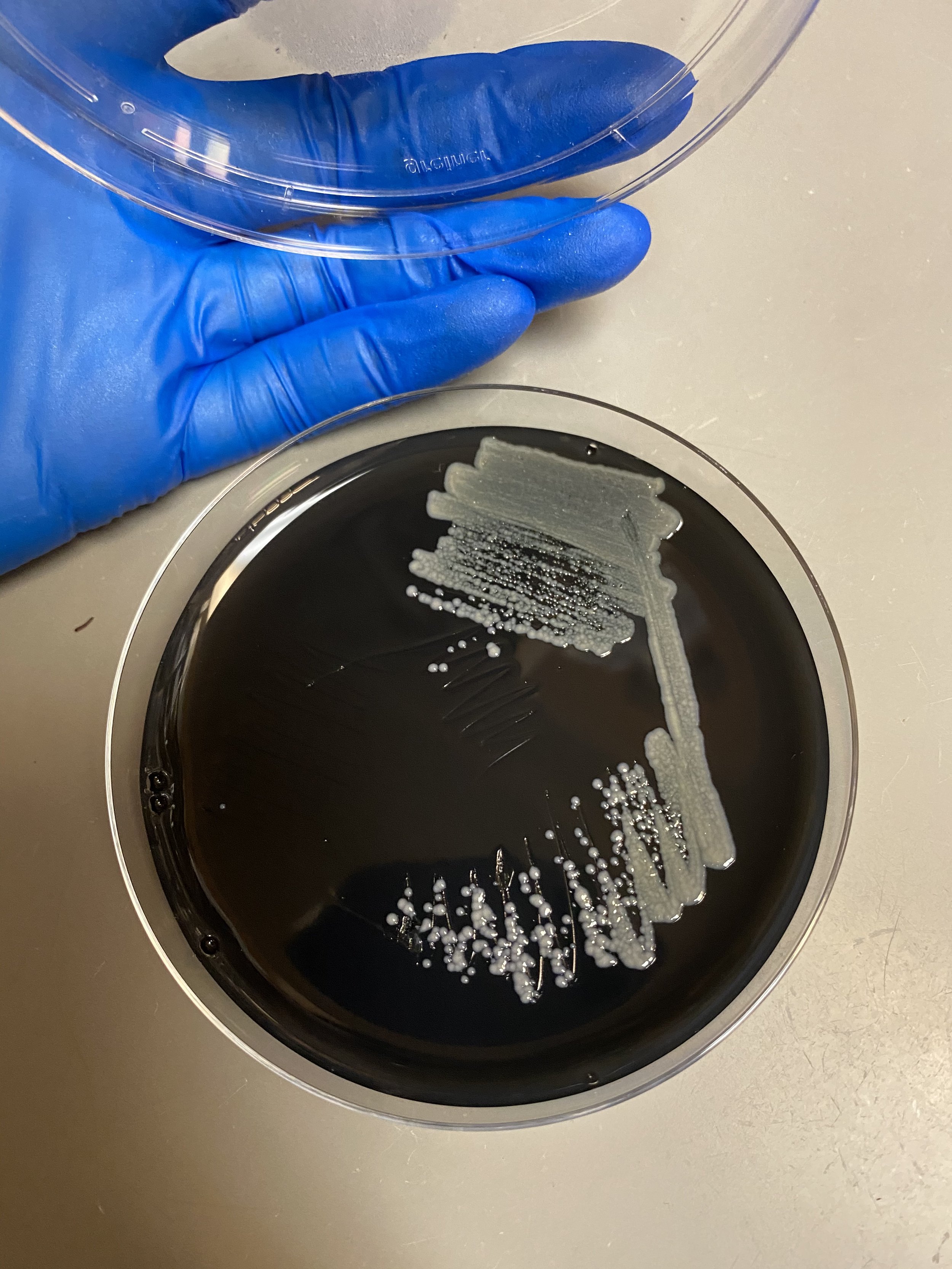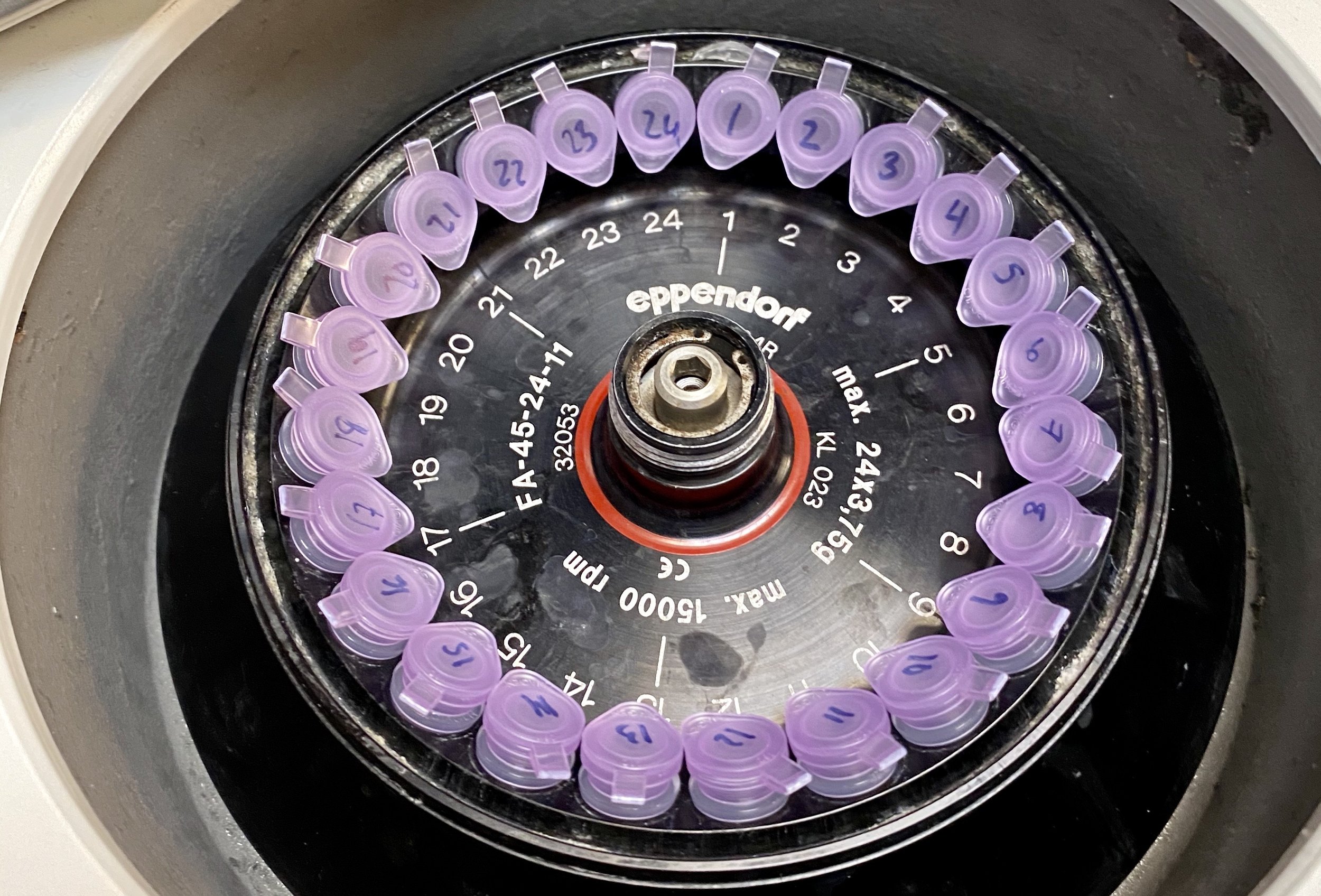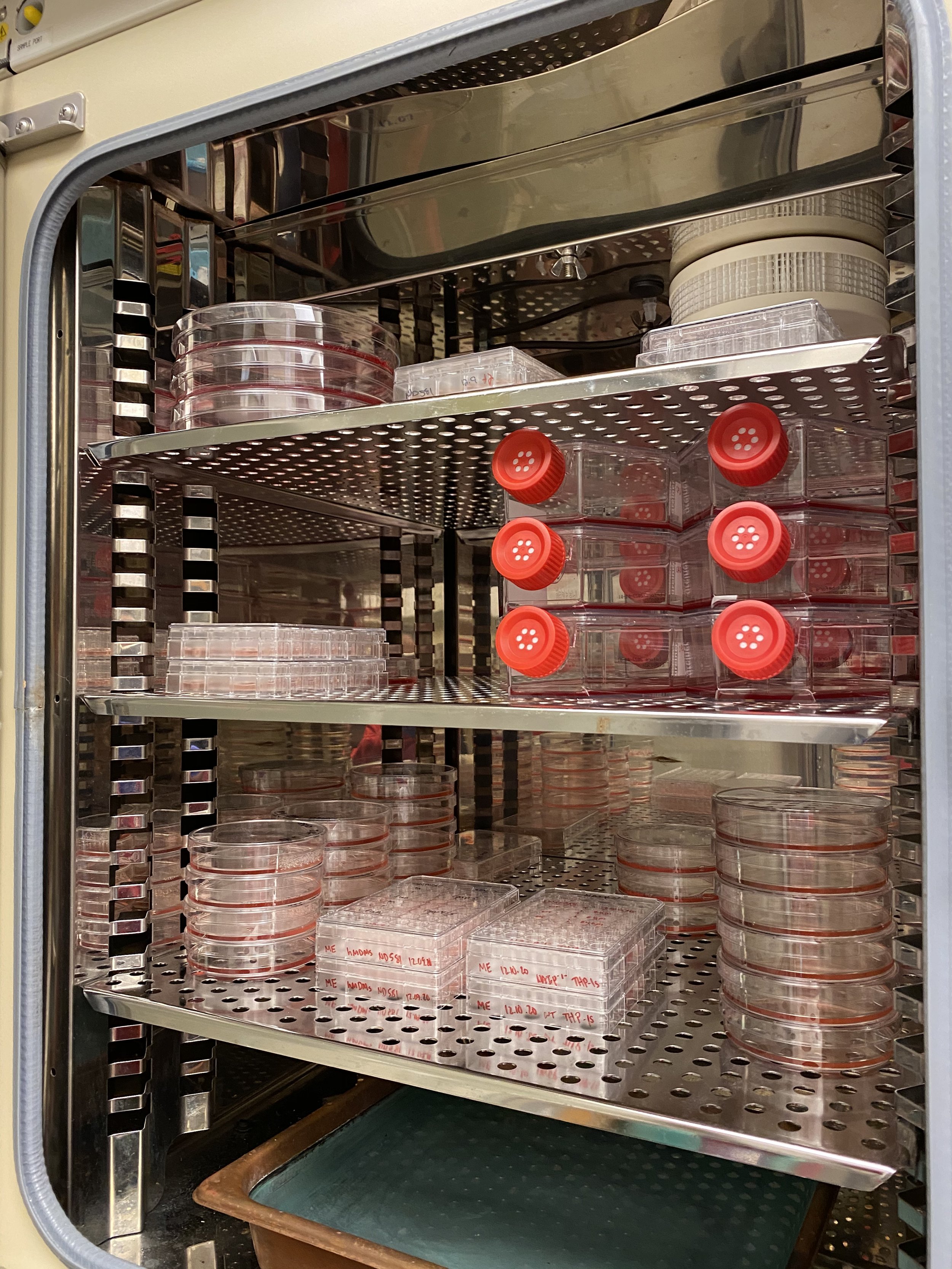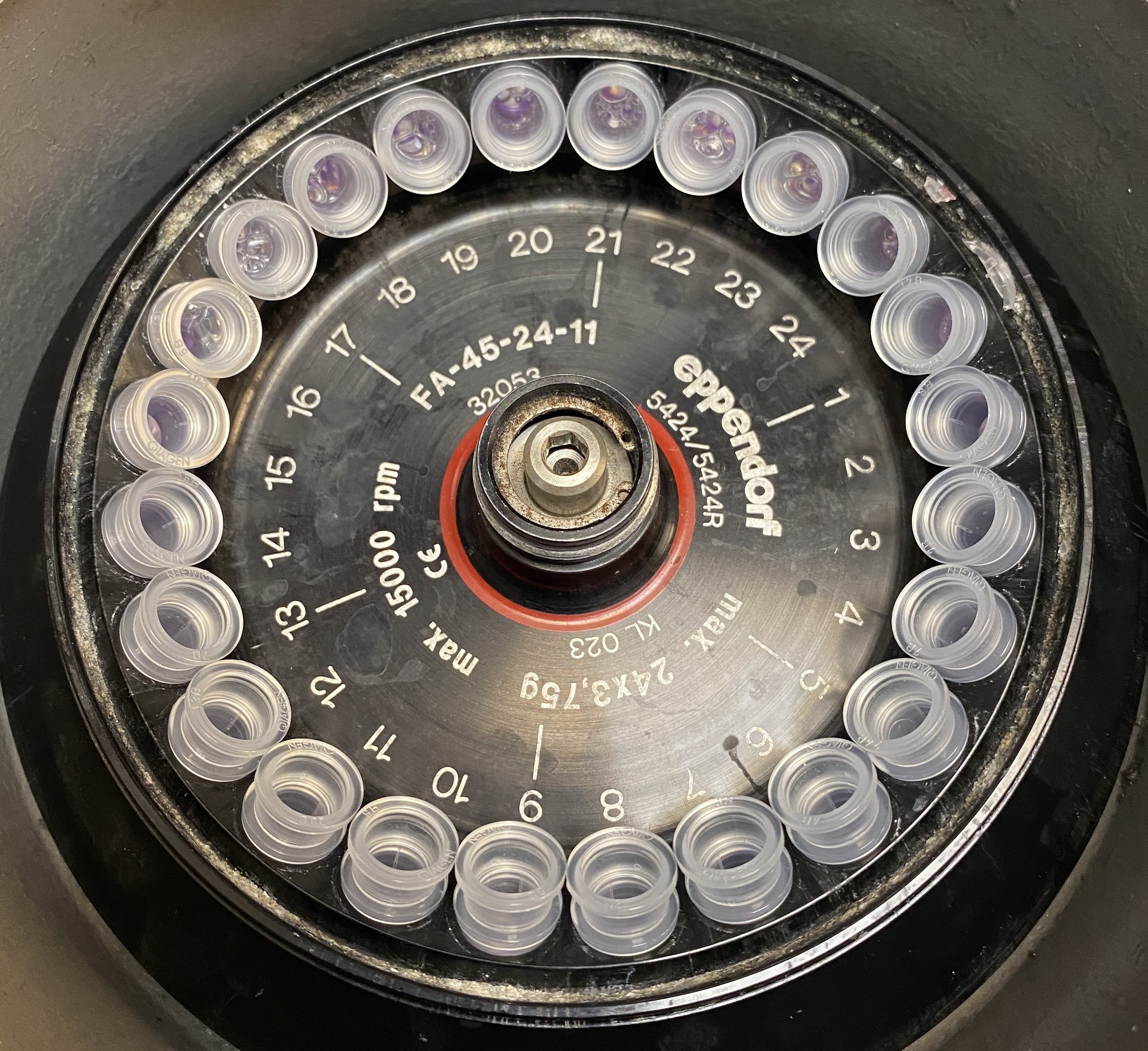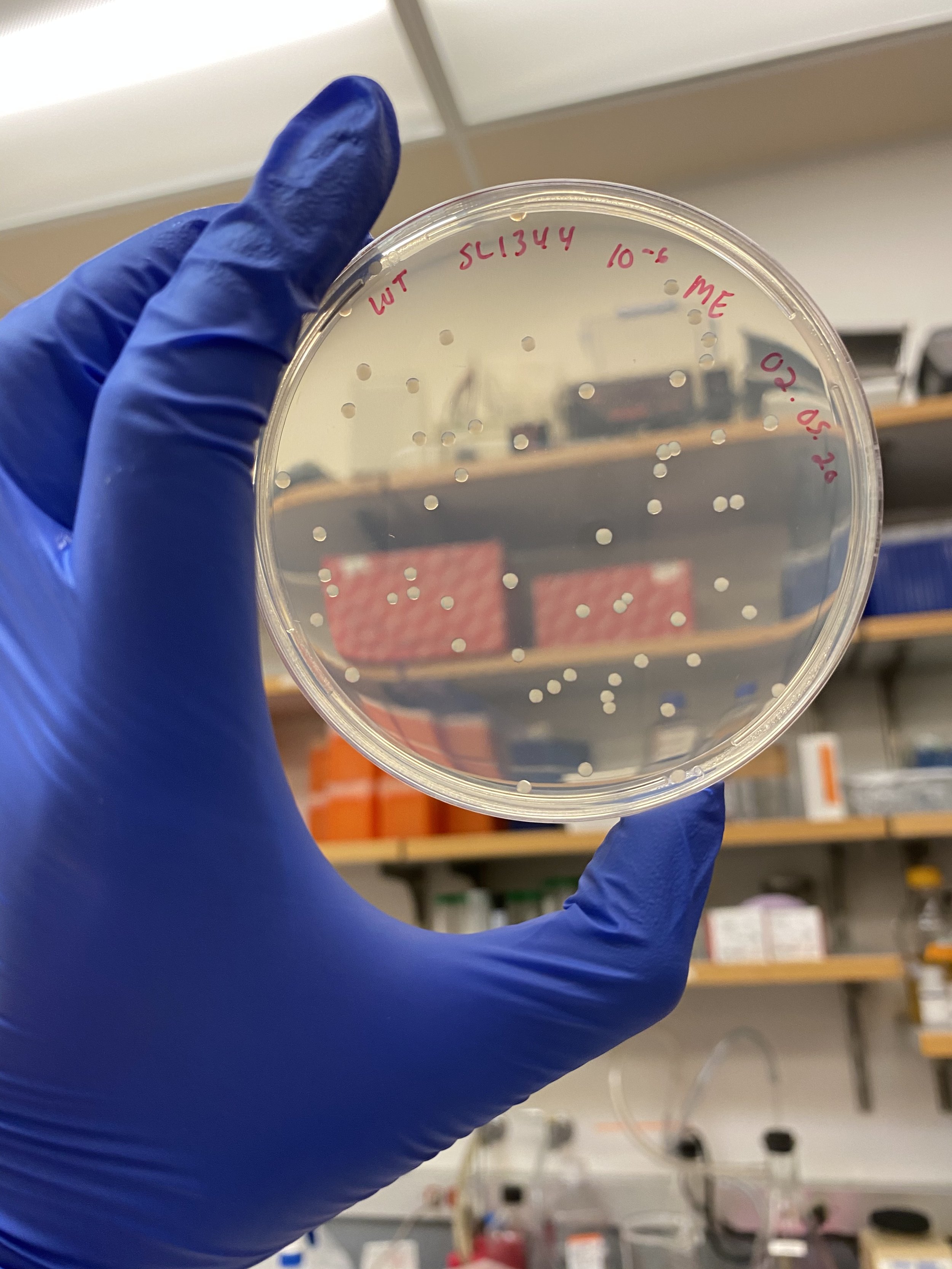
What we do:
-
Our lab is interested in uncovering innate immune mechanisms used by the host to defend itself against bacterial pathogens and how bacterial pathogens evade host immunity to cause disease.
We utilize the intracellular bacterial pathogen Legionella pneumophila, causative agent of the severe pneumonia Legionnaires' disease, as our primary model. Legionella has evolved numerous mechanisms for modulating eukaryotic processes in order to survive and replicate within host cells. The ease with which Legionella can be genetically manipulated provides a powerful system for dissecting immune responses to bacteria that differ in defined virulence properties and for elucidating mechanisms of bacterial pathogenesis.
-
We are also interested in elucidating how the immune system successfully overcomes the ability of pathogens to suppress critical immune functions.
We recently found that infected macrophages circumvent Legionella's ability to block host translation by selectively synthesizing and releasing key cytokines. These cytokines then instruct bystander immune cells to generate an effective immune response. We are defining additional mechanisms that facilitate communication between infected and bystander cells and promote antimicrobial defense.
-
A major focus of our lab is to understand how the immune system distinguishes between virulent and avirulent bacteria and tailors appropriate antimicrobial responses.
One key immune pathway involves the inflammasome, a multi-protein cytosolic complex that activates the host proteases caspase-1 and caspase-11 upon cytosolic detection of bacterial products. These caspases mediate the release of IL-1 family cytokines and other inflammatory factors critical for host defense, but overexuberant activation can lead to pathological outcomes such as septic shock. We are currently pursuing how mouse and human inflammasomes differentially respond to bacterial infection.
-
We also study the evolutionarily related pathogen Coxiella burnetii, and other bacterial pathogens, including Salmonella Typhimurium and Yersinia spp., with the goal of identifying shared and unique features of innate immunity and bacterial virulence.
Insight into these areas will advance our understanding of bacterial pathogenesis, how the innate immune system distinguishes between virulent and avirulent bacteria and initiates antimicrobial immunity, and will ultimately aid in the design of effective antimicrobial therapies and vaccines.
-
Prospective students and postdocs are encouraged to contact Dr. Shin to learn more about our research.
